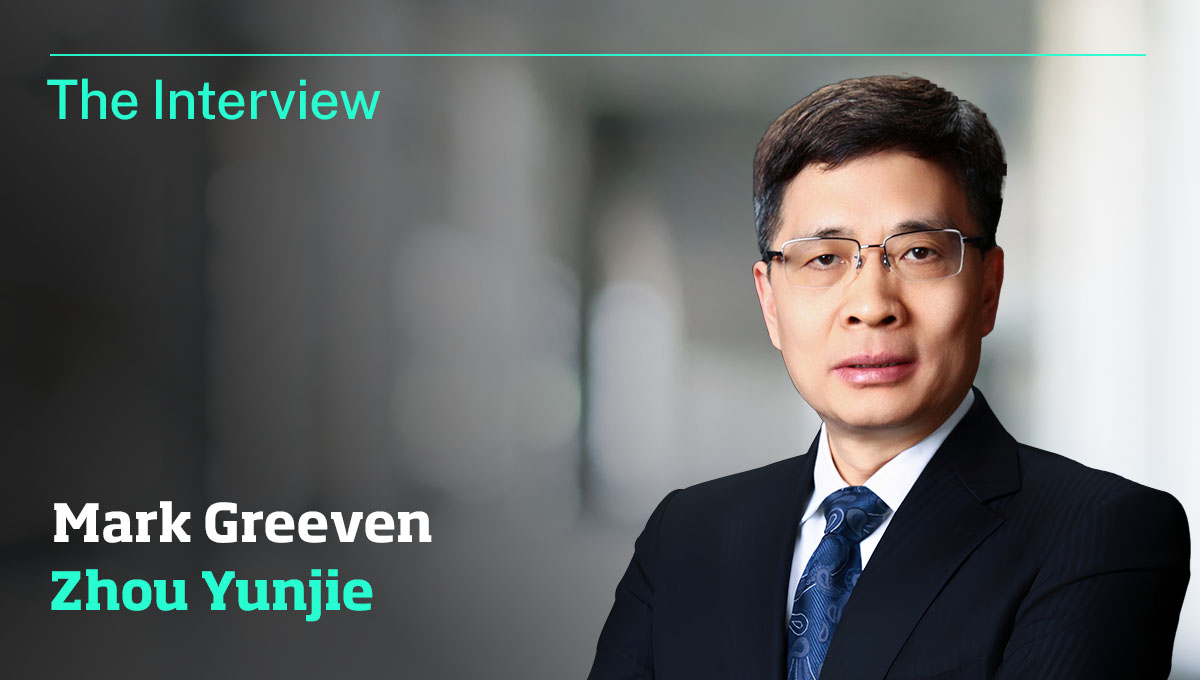Transforming Geely: From fridges to motorcycles to EVs … to?
The case is about the continuous entrepreneurial transformation, over two decades, of a company in terms of increasingly advanced technologies and international product markets. It describes how Geely, a leading player in the global automotive industry, started in the 1980s with its founder capitalizing on a series of opportunities during the time of China’s high growth. It illustrates how Geely has evolved its technological competence from low-end refrigerators to high-end electric vehicles and mobility systems by deploying growth strategies as diverse as organic growth, acquisition, and integration of businesses across countries. In the process, Geely has turned itself from a late mover and imitator to a strategic innovator and pacesetter in an industry that faces disruption in terms of technology and customer behavior. The case details the phases of Geely’s development (from fridges to motorcycles, from motorcycles to cars, and from cars to EVs and mobility solutions). It tracks how Geely’s founder, Li Shufu, created a highly successful enterprise in a rapidly growing home market and realigning global economy. The case recounts episodes characterized by continuous improvement and by radical departures from standard practices. Li’s entrepreneurial attitude to leveraging available resources step-by-step toward successful deployment is important in turning an affinity for innovation into a competitive advantage and to benefit from China’s large market, powerful stakeholders and growing income. At the end of 2020, in the middle of the pandemic, several large and outsized companies that dominated the headlines about Chinese technology giants had become targets of increasing scrutiny by stakeholders in Chinese society. At the end of the case, students are asked to make a choice: Maintain the status quo of high growth; focus on incrementally increasing the quality of growth; or go for a major change?
- Highlights the influence of macro trends on company fortunes.
- Illustrates the difference between strategic planning and entrepreneurial strategy.
- Shows the limits of industry analysis and competitive strategy when creating and growing a company.
- Discovers the process of leading organizational transformation in a disrupted industry.
- Demonstrates how different growth strategies can be deployed.
- Illustrates the upgrading, scaling and expanding areas of technology and market knowledge.
Geely, Automotive, Automobiles
1986-2021
Cranfield University
Wharley End Beds MK43 0JR, UK
Tel +44 (0)1234 750903
Email [email protected]
Harvard Business School Publishing
60 Harvard Way, Boston MA 02163, USA
Tel (800) 545-7685 Tel (617)-783-7600
Fax (617) 783-7666
Email [email protected]
NUCB Business School
1-3-1 Nishiki Naka
Nagoya Aichi, Japan 460-0003
Tel +81 52 20 38 111
Email [email protected]
IMD retains all proprietary interests in its case studies and notes. Without prior written permission, IMD cases and notes may not be reproduced, used, translated, included in books or other publications, distributed in any form or by any means, stored in a database or in other retrieval systems. For additional copyright information related to case studies, please contact Case Services.
Research Information & Knowledge Hub for additional information on IMD publications

Subsidies of renewables has led to electricity prices frequently falling to less than zero leading to opportunities for consumers

#post_excerptHannele Jakosuo-Jansson of Neste and Finnair shared key insights on board roles in CEO transitions and culture shifts with IMD’s High Performance Boards program.

Once corporate activists, today’s CSOs are business integrators. 6 ways the CSO role is evolving: strategist, risk mitigator, innovator, regulator, storyteller, and leader.

An intelligent organizational sensory system detects, processes, and acts on change signals, giving your company a strong competitive edge.

Three Ways to Deal with Your Boss when they act against civility, empathy, and ethics. Discover strategies to handle difficult workplace dynamics effectively.

AI is revolutionising industry by improving efficiency and driving sustainability. Discover how data-driven insights shape a greener future

Six ways leaders can shape corporate reputation building strategies within their organizations, drawing on key insights from a Bloomberg Media study.

Haier's CEO Zhou Yunjie explains how the company's innovative RenDanHeYi model empowers employees, drives global growth, and adapts to market changes.

To navigate a turbulent business environment, CEOs must understand their landscape and align leadership thinking priorities, advises IMD’s Michael Watkins.

Chanel Global CFO and IMD Executive in Residence Philippe Blondiaux explains how finance leaders can sustain a long-term focus on sustainability while addressing short-term challenges.
Research Information & Knowledge Hub for additional information on IMD publications
Research Information & Knowledge Hub for additional information on IMD publications
in I by IMD
Research Information & Knowledge Hub for additional information on IMD publications
Research Information & Knowledge Hub for additional information on IMD publications
Research Information & Knowledge Hub for additional information on IMD publications
in I by IMD
Research Information & Knowledge Hub for additional information on IMD publications
in I by IMD
Research Information & Knowledge Hub for additional information on IMD publications
Research Information & Knowledge Hub for additional information on IMD publications
Research Information & Knowledge Hub for additional information on IMD publications
in I by IMD
Research Information & Knowledge Hub for additional information on IMD publications

